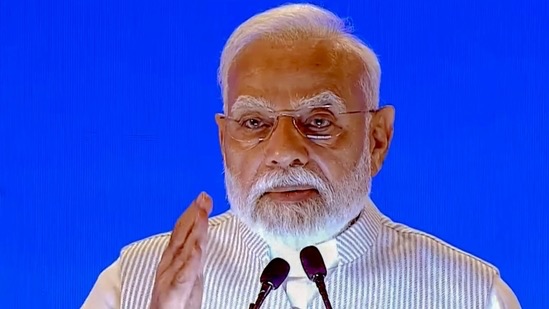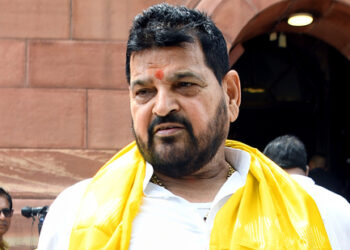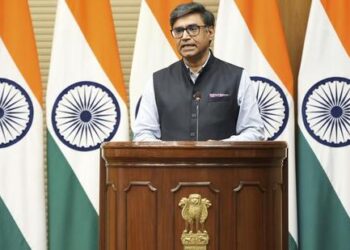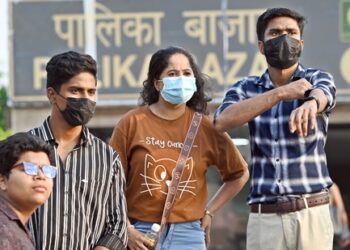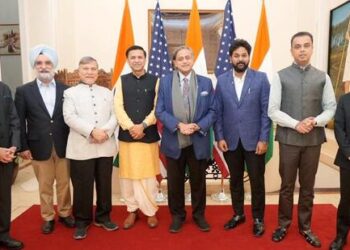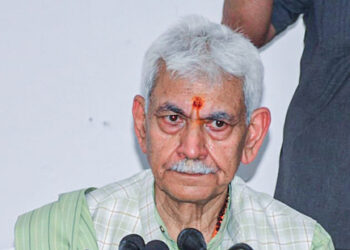It was Prime Minister Narendra Modi who gave India’s latest military retaliation a name that captured not only national strategy, but national heartbreak — Operation Sindoor. The name, official sources told PTI, was chosen with intent and emotion. It was a tribute to those whose lives were torn apart during the horrific April 22 terror attack in Pahalgam, Jammu & Kashmir.
The massacre claimed 26 lives, many of them male Hindu tourists. But it was a single image that came to symbolise the pain of the nation: a young woman, her sindoor still fresh, cradling her husband’s lifeless body. That woman was Himanshi Narwal, who had married 26-year-old naval officer Vinay Narwal just days earlier. The couple, on their honeymoon, had their joy turned into unspeakable grief when Vinay was gunned down — reportedly targeted for his faith.
The vermilion powder that Hindu women wear in the parting of their hair as a symbol of marriage — sindoor — became the centrepiece of the operation’s name. Officials said PM Modi personally decided on Operation Sindoor to honour the victims and amplify the human cost of terrorism. “It serves to humanise the victims and ensure their sacrifices are remembered,” an official said.
Two weeks after the Pahalgam killings, India responded with precision missile strikes across nine terror targets in Pakistan and Pakistan-Occupied Kashmir. These included high-profile hubs of terror like the Jaish-e-Mohammad stronghold in Bahawalpur and Lashkar-e-Taiba’s base in Muridke. The Indian Army posted on X, “#PahalgamTerrorAttack Justice is Served. Jai Hind!” — a stark declaration of action taken.
The strikes mark a significant escalation in India’s counter-terror doctrine, reinforcing a zero-tolerance stance against cross-border terrorism. Unlike previous responses, which often came with diplomatic caution, Operation Sindoor blends military resolve with a deeply personal narrative. It is not just about strategic retaliation — it’s about telling the world that every Indian life matters.
Interestingly, just days before the strikes, Russian President Vladimir Putin extended “full support” to India in its fight against terrorism in a phone call with Prime Minister Modi. The call, along with mounting global pressure on Pakistan to dismantle terror networks, signaled that India’s actions would not occur in isolation.
By naming the operation Sindoor, Modi has transformed a military manoeuvre into a national tribute — one that will be remembered not just for the targets it hit, but the emotions it evoked. It sends a clear message: terrorism doesn’t just wound a country militarily, it breaks hearts and families. And India will respond with both precision and purpose.
As the nation watches with solemn pride, Operation Sindoor stands as a symbol of justice for Pahalgam’s victims — a strike not just on enemy bunkers, but on the very idea that such grief can go unanswered.



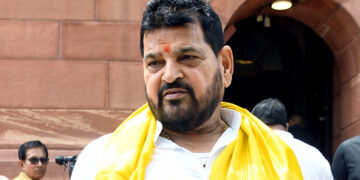
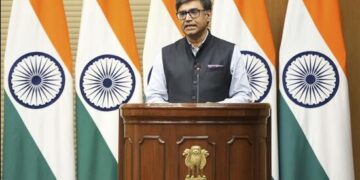
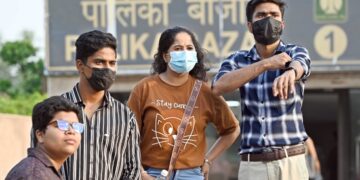


 India
India
